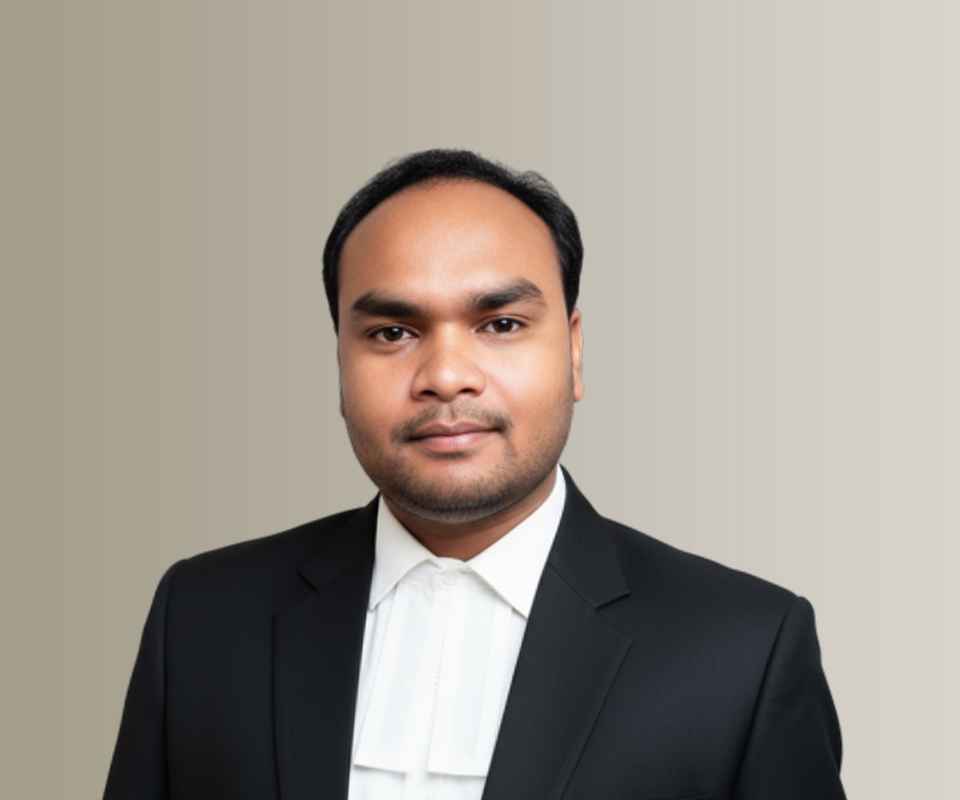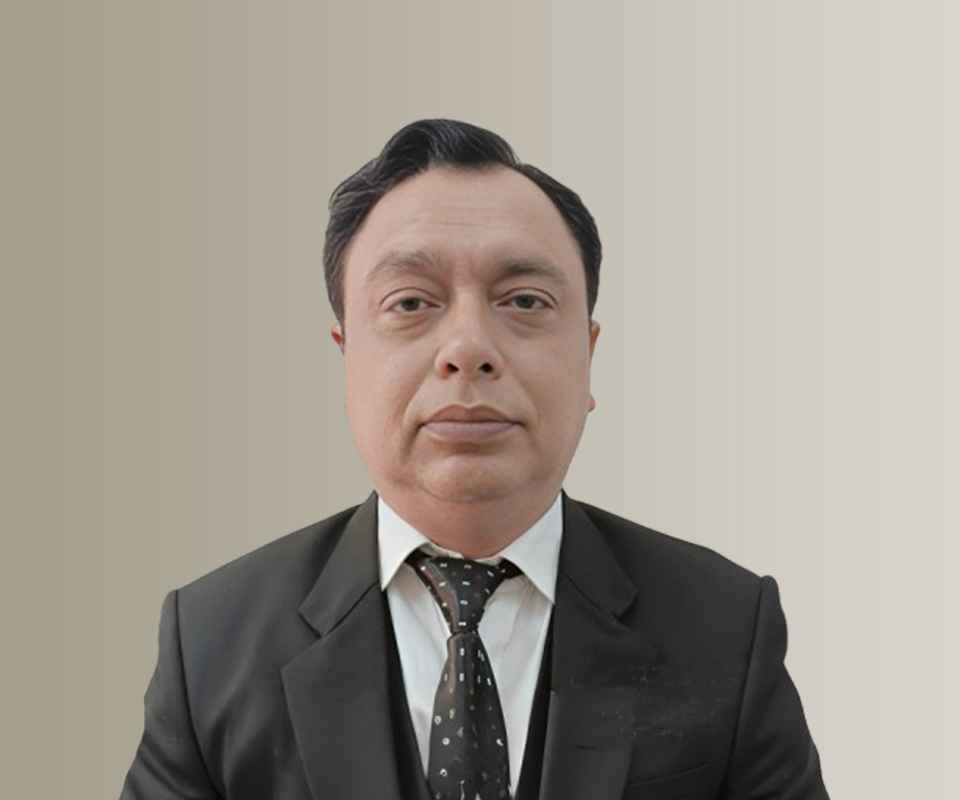Answer By law4u team
NGOs and government agencies play complementary roles in tackling elder abuse. NGOs often serve as frontline responders providing direct support, counseling, and advocacy, while government agencies enforce laws, provide legal aid, and implement social welfare schemes. Collaboration between these entities ensures comprehensive protection, efficient reporting mechanisms, and better rehabilitation for elder abuse victims.
Ways NGOs Collaborate With Government Agencies On Elder Abuse
Information Sharing and Referral Systems
NGOs identify abuse cases during community outreach and refer victims to government legal aid, healthcare, and protection services.
Joint Awareness Campaigns
NGOs partner with government bodies to conduct public education programs, workshops, and media campaigns to spread awareness about elder abuse and rights.
Training and Capacity Building
NGOs provide training to police, healthcare workers, and social workers on elder abuse detection and victim support, often in coordination with government departments.
Policy Advocacy and Implementation Support
NGOs advocate for stronger elder protection laws and assist government agencies in policy rollout at grassroots levels.
Helpline and Crisis Intervention Services
Many helplines are jointly managed or supported by NGOs and government agencies to provide immediate assistance to elder abuse victims.
Research and Data Collection
NGOs collaborate with government research bodies to collect data on elder abuse prevalence, helping to inform policy and improve intervention strategies.
Rehabilitation and Counseling Services
NGOs often provide psychological counseling and rehabilitation, sometimes funded or supported by government welfare schemes.
Legal Actions And Protections Through NGO-Government Collaboration
- Facilitates faster legal intervention and protection orders for victims.
- Enhances access to government welfare schemes like pensions, healthcare, and shelter homes.
- Improves monitoring and enforcement of the Maintenance and Welfare of Parents and Senior Citizens Act, 2007.
Example
An NGO working in elder care collaborates with the State Legal Services Authority to conduct legal literacy camps in rural areas. They identify cases of elder neglect, provide counseling, and help victims file legal complaints. The government agency supports by providing free legal aid and monitoring compliance with court orders, ensuring the elders’ rights are protected effectively.







